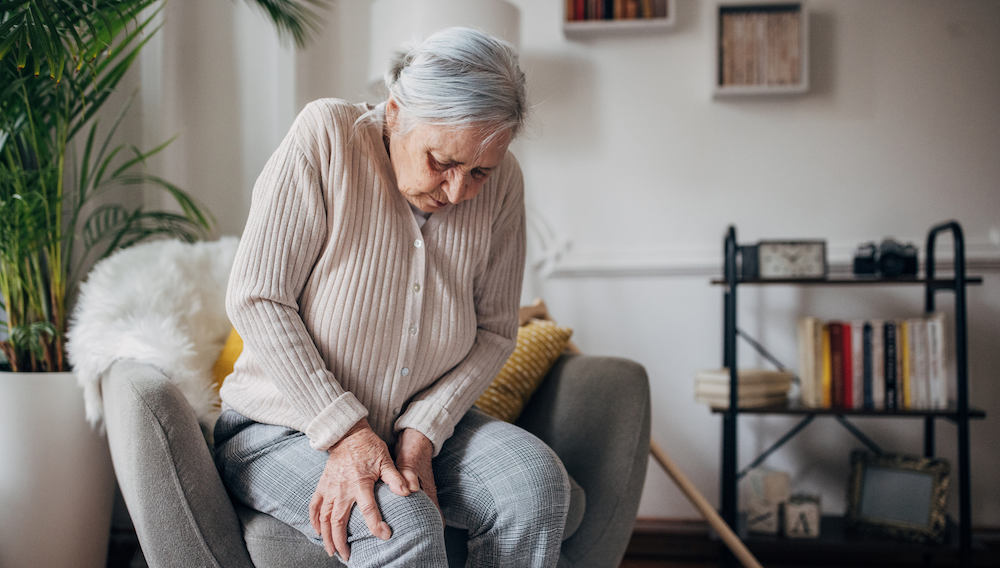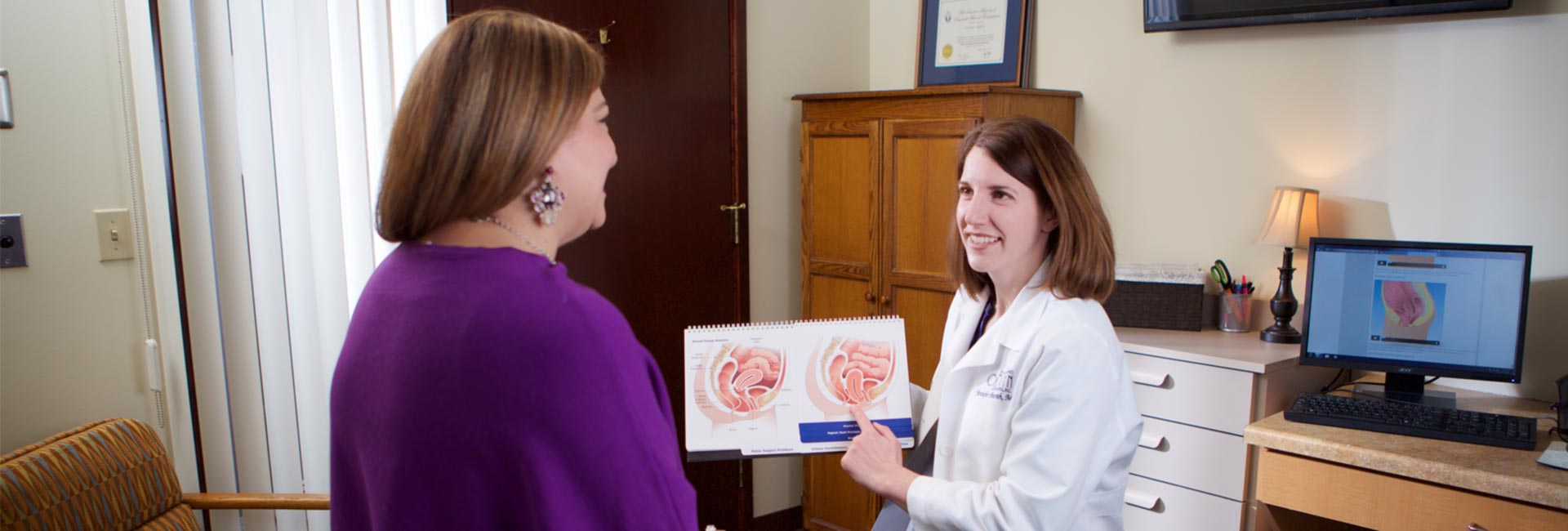At West Des Moines OBGYN, we know endometriosis affects every woman differently, so there isn’t a treatment plan that’s guaranteed to work for everyone.
Endometriosis occurs in up to 10% of reproductive-age women and 38% of infertile women will be found to have endometriosis. Endometriosis occurs when endometrial tissue grows outside the uterus. Endometriosis can be found in the ovaries, fallopian tubes, the tissues that construct the uterus or the outer area of the uterus and bowel. Diagnosis of endometriosis can only be made by evaluating a lesion histologically after it is resected or biopsied at the time of surgery.
Endometriosis represents a significant health problem for women of reproductive age. With March being Endometriosis Awareness Month, we wanted to share tips and tricks for helping make this condition more manageable on a day-to-day basis.

Pain Management
There are many ways that you can manage your endometriosis pain on your own from tracking your symptoms on a cycle app, maintaining a healthy lifestyle through healthy eating and exercising, schedule self-care to help keep you relaxed when days are hard, or even eating foods that are high in omega-3 fatty acids. Here are a few other ways that you can help manage your endometriosis symptoms.
- Electronic Devices. A TENS machine or a Transcutaneous Electrical Nerve Stimulation unit transmits vibrations that can relax muscles and alleviate pain. TENS units are available as a home unit or at a physical therapist’s office.
- Heating Pads. Heating pads are one of the most common home remedies for alleviating endometriosis pain. The heat will help loosen and smooth muscles, making the cramping pain less intense. If you don’t have a heating pad at home, you can make one using a rice sock. To make a rice sock, you need to put uncooked rice in a sock and warm it in the microwave for two minutes.
- Warm Bath. Taking a warm bath can also work the same way a heating pad does to relieve pain and soothe contracting muscles.
- Stay Hydrated. Making sure to stay hydrated and drink water can reduce bloating and cramping. On days when your pain is extremely high, you could be dehydrated.
- Keep Medication on Hand. There are times when your endometriosis is so flared up, that simple at-home remedies may not be able to reduce the pain. Over-the-counter medications like Midol and Motrin can be helpful.
- Interventional Therapy. After speaking with your gynecologist, they may recommend trying the following types of therapy: nerve block, muscle injections, physical therapy, behavioral therapy, or even acupuncture.
If after trying at-home remedies you’re still experiencing unusually severe or persistent pain, talk with your gynecologist at West Des Moines OBGYN.
Hormone Therapy
- Hormonal Contraceptives. Birth control pills, patches, and vaginal rings can help control the hormones that cause the buildup of endometrial tissue.
- Progesterone Therapy. Certain types of implants, injections and IUD contraceptives can stop periods and endometrial tissue growth to alleviate endometriosis symptoms.
- Aromatase inhibitors. Aromatase inhibitors such as Anastrozole and Letrozole work to reduce the amount of estrogen in the body. This type of hormone therapy is usually prescribed by your gynecologist in conjunction with one of the hormonal methods above.
- Gn-RH Agonist. Gn-RH agonist is a strain of drugs that block the production of ovarian-stimulating hormones, lowering estrogen levels and preventing menstruation. Side effects are similar to menopause with hot flashes being prominent. There are add-back therapies available to help alleviate this.
- Orilissa (Elagolix). Orilissa is a GnRH antagonist FDA-approved treatment for moderate to severe endometriosis.
Surgery and Fertility Issues
- Conservative Surgery. Conservative surgery to remove endometrial implants is an option for those struggling with pain or fertility issues. This often helps to alleviate pain for a while, but symptoms may return. This type of surgery can be done either laparoscopically or abdominally. After surgery, you may be prescribed a hormonal medication to help reduce further growth of endometriosis.
- Hysterectomy. In certain cases where endometriosis management has failed to work and a patient has exhausted all treatment options, a hysterectomy may be recommended. A hysterectomy with the removal of the ovaries and the uterus is most effective.
- Fertility Complications. Endometriosis can lead to trouble conceiving. The exact mechanism is unknown. If you have endometriosis and are having difficulty getting pregnant, your gynecologist may recommend fertility treatment. Fertility treatment ranges from stimulating your ovaries to make more eggs to in vitro fertilization.
Our care team at West Des Moines OB/GYN is here to support you. We provide a variety of convenient services and individualized care for your specific needs. Learn more about our services or schedule an appointment and experience the difference.


